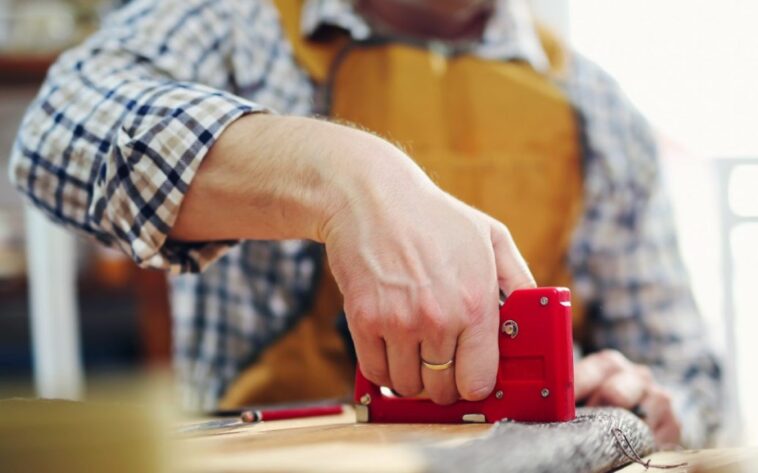Whether you’re delving into a new upholstery project or running an established upholstery business, the quality of the supplies you use can make a world of difference.
From threads to foams, springs to textiles, having the right materials at your fingertips can ensure your upholstered pieces stand the test of time.
However, knowing where to source these materials can often be a challenge. In this guide, we’ll explore where you can find quality upholstery supplies to help you achieve optimal results in all your projects.
Local Specialty Stores
Before diving into digital options, consider the gems within your local community. These stores allow you to physically experience supplies, buy instantly, and benefit from local expert advice.
To find them, look into local directories, ask community professionals, or visit nearby craft fairs and markets. Many markets store Midwest Fabrics in paces you wouldn’t expect them to be!
Big-Box Retailers
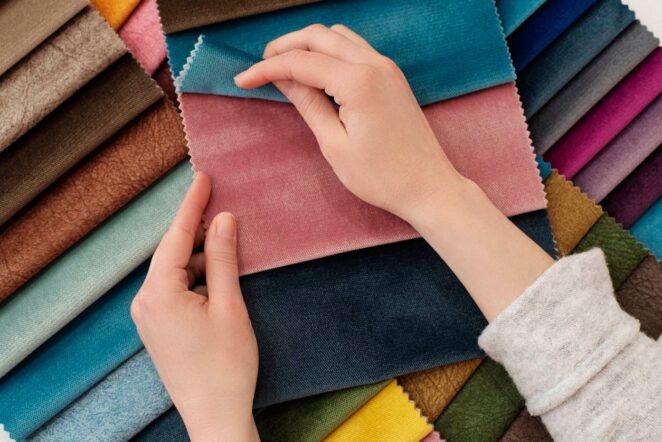
Many chain stores house upholstery and craft sections. Their strength lies in their vast selection, hassle-free return policies, and widespread presence.
However, it’s worth noting that not all items may be of professional quality. Ensure you read reviews or solicit staff suggestions.
Online Marketplaces
Platforms like Amazon and Etsy have revolutionized shopping. Their main perks include a vast product range, shopping convenience, and valuable user reviews.
On the flip side, there are challenges like not being able to physically assess items, dealing with shipping costs, and potential scams. Remember to always prioritize sellers with stellar reputations and transparent return policies.
Specialized Online Stores
The internet has ushered in an era where niche interests can be catered to in ways that physical stores might find challenging.
Among these are specialized online stores that focus specifically on the needs of upholstery enthusiasts. These platforms stand out for several reasons:
- Quality and Expertise: These stores often prioritize offering professional-grade items, ensuring that the products meet the stringent demands of serious upholsterers. By specializing, they can ensure that the items they stock are of the highest standards, both in terms of material and craftsmanship.
- Detailed Information: Unlike generic online retailers, specialized stores often provide extensive product details. This can include material composition, recommended uses, durability ratings, and even tutorials or guides. Such in-depth information is invaluable for those who require specific details before making a purchase.
- Customer Service: Given their niche focus, these stores often employ representatives who understand the intricacies of upholstery. This leads to top-notch customer service, where queries are answered with expertise, ensuring customers make informed decisions.
- However, shopping from specialized stores does come with its set of challenges:
- Pricing: Due to the high quality and specialization, products might come at a premium. The prices can be steeper compared to generic online platforms or big-box retailers. However, for many, the assurance of quality justifies the additional expense.
- Business Verification: Some specialized stores, especially those catering to professional upholsterers, might occasionally ask for business verifications or credentials before processing certain orders. This can be a barrier for hobbyists or newcomers to the field.
Among the myriad of specialized online stores in the upholstery space, a few have carved a niche for themselves, thanks to their product range and reliability. Sailrite, for instance, offers a blend of textiles, tools, and tutorials, making it a one-stop-shop for many.
DIY Upholstery Supply is another noteworthy platform, known for its comprehensive range of materials and accessories tailored for both beginners and professionals.
In conclusion, while specialized online stores might be on the pricier side, they offer an unparalleled blend of quality, product range, and expert customer service, making them a top choice for dedicated upholstery enthusiasts.
Direct from Manufacturers
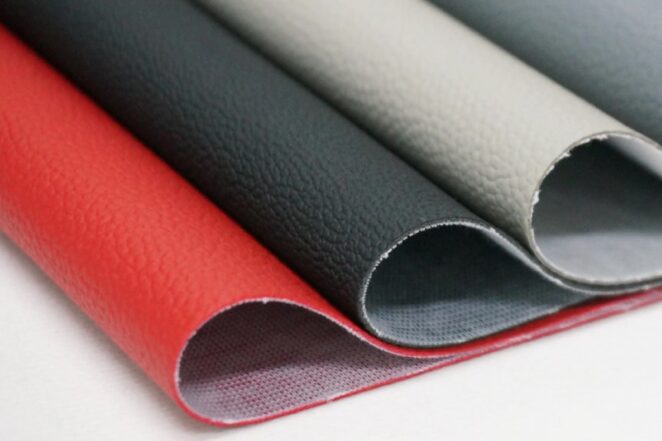
If you’re embarking on sizable projects, sourcing directly from manufacturers can be cost-efficient. This method guarantees wholesale prices, top-notch quality, and tailored orders.
But keep in mind the potential for minimum purchase requirements and a narrower variety than retailers. A pro tip: always request product samples to ascertain quality.
Recycled or Upcycled Supplies
With the rise in eco-awareness, upcycled materials are gaining traction in upholstery. They’re green, distinct, and often more affordable.
However, they may not match the durability of new materials and might be less consistently available. To source these, explore local thrift stores, specialized online platforms, or engage with upcycling communities.
Trade Shows and Exhibitions
Attending trade events can be a goldmine for professionals.
These venues introduce the latest in the industry, facilitate networking, and often feature special deals. Drawbacks include entrance costs and the sporadic nature of such events. A golden rule? Plan ahead and identify priority exhibitors.
DIY or Homemade Supplies
For the creatively inclined, crafting your upholstery supplies, especially textiles, can be fulfilling. This approach allows personalization, potential cost savings, and the pride of creation.
The downsides might include the time invested and possibly not achieving professional standards. Engaging with DIY groups or forums can be a wealth of inspiration and guidance.
Tip: Join DIY communities or online forums to share ideas and get advice.
FAQs
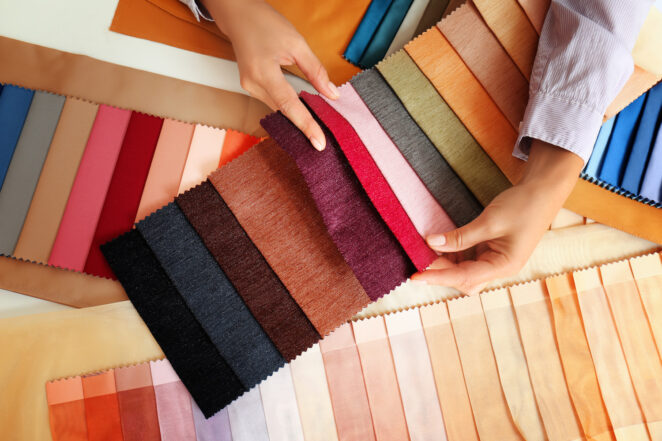
Are there certifications or standards to look for when buying upholstery supplies?
Yes, certain upholstery supplies, especially textiles, may come with certifications such as the OEKO-TEX Standard 100, which assures that the fabric has been tested for harmful substances.
Similarly, foams might have CertiPUR-US certification, indicating they’re made without harmful chemicals. Always check product descriptions for such certifications to ensure quality and safety.
How often should I replace or update my upholstery supplies?
The frequency of replacement depends on the specific supply. For instance, tools like scissors or staple guns might last years with proper care, while consumables like threads or foam might need regular replenishing based on usage.
Regularly inspect your tools and materials, and replace them if they show signs of wear or degradation.
Is it advisable to mix supplies from different brands or sources?
While it’s generally safe to mix supplies from different brands, it’s crucial to ensure compatibility. For example, certain adhesives might not work well with all fabric types.
It’s recommended to test a small sample before committing to combining materials from different sources.
Are there eco-friendly upholstery supplies available?
Absolutely! The push towards sustainability has led to the availability of eco-friendly supplies in the upholstery world.
These can range from organic textiles to foams made from sustainable resources or recycled materials. Always check product details or ask the supplier if sustainability is a priority for you.
Can I trust online reviews when choosing upholstery supplies?
While online reviews can provide valuable insights, it’s essential to approach them with a discerning eye. Look for detailed reviews that discuss both pros and cons.
It’s also a good practice to consider reviews from professional upholsterers or those who have used the product for a similar purpose as yours.
How do I store and care for my upholstery supplies to ensure their longevity?
Proper storage is vital. Keep fabrics in cool, dry places away from direct sunlight to prevent fading or damage.
Tools should be cleaned regularly and stored in a moisture-free environment to avoid rusting or degradation. For adhesives, sealants, or any liquid-based products, ensure they are tightly sealed and stored at recommended temperatures.
Final Words
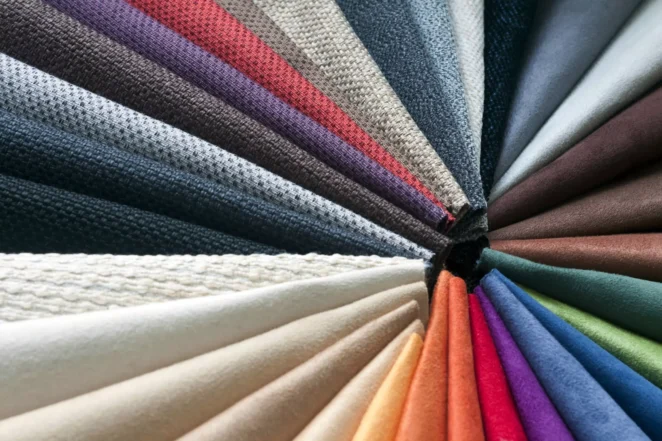
Sourcing quality upholstery supplies requires a blend of research, trial and error, and sometimes a little luck.
While the avenues mentioned above can provide a solid starting point, always prioritize quality over cost, especially if you aim for professional results.
Over time, as you explore and experiment, you’ll develop a keen sense for what works best for your projects.
Remember, the beauty and durability of your upholstered pieces are a testament to the materials you choose, so choose wisely!



